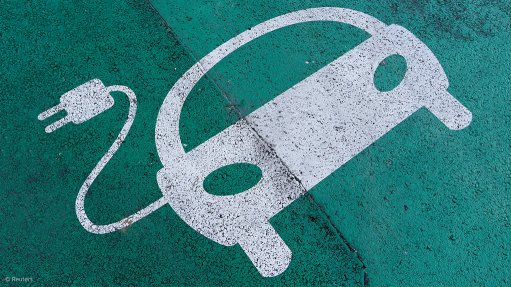
Metals supply constraints could slow battery electric vehicle (BEV) production rates in the near term, says ratings agency Moody’s Investors Service.
A sector report published by the agency has found that demand for lithium, cobalt, copper and nickel – all elementary metals used in the production of electric batteries – is rising as automakers accelerate the manufacture of BEVs.
“Declining ore grades for copper, continued lack of investment in new mines and the time required to bring new discoveries to production will constrain metal availability and, ultimately, the metal sector’s ability to meet growing demand from automakers for BEV production,” confirmed Moody’s senior VP Carol Cowan.
She added that metals supply constraints will be further exacerbated as a network of charging stations is built out.
Moody’s previously reported that automotive analysts expect BEV’s share of new-vehicle sales to rise to about 7% to 8% by the mid-2020s and reach nearly 17% to 19% by the late 2020s.
Moody’s forecasts that copper consumption in BEVs could increase by more than six times, based on the agency’s base scenario of penetration levels reaching 8% by mid-2020.
“This demand level will far outstrip supply, which will be relatively flat over the next several years,” Cowan said.
Nickel and cobalt supplies are also expected to be insufficient to support growing demand for battery production, another constraining factor on near-term BEV growth. Moody’s expects cobalt to be in significant deficit from as early as 2019.
While strong demand fundamentals in concert with tightening supply levels will drive metal prices higher, that will likely come with heightened volatility. Cowan explained that changing global economic growth rates, technological advancement, material alternatives and new supply sources, will continue to exert influence.
“Significant investment in exploration and the development of new mines will be necessary to meet the rising metal demand.
“Additionally, projects in development are not seen as sufficient to meet expected demand from the growth in BEVs over the near term,” concluded Cowan.